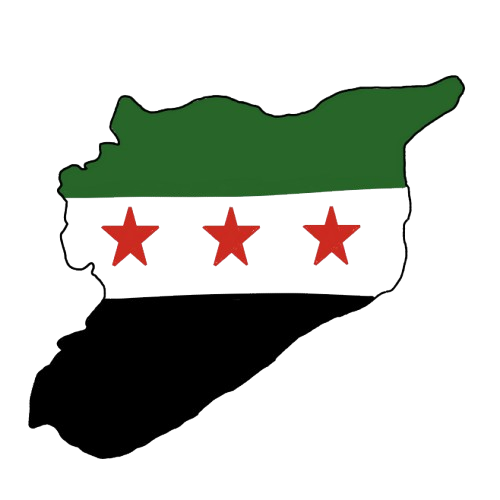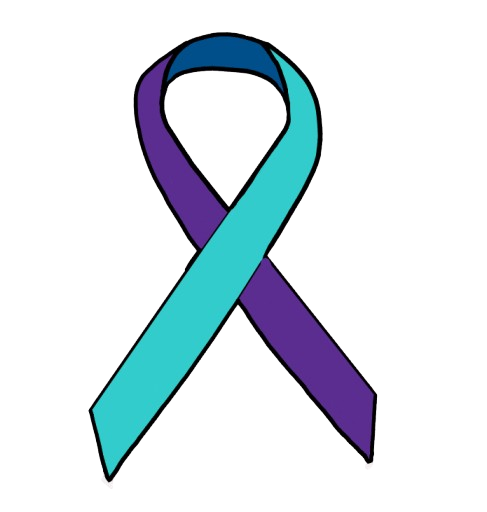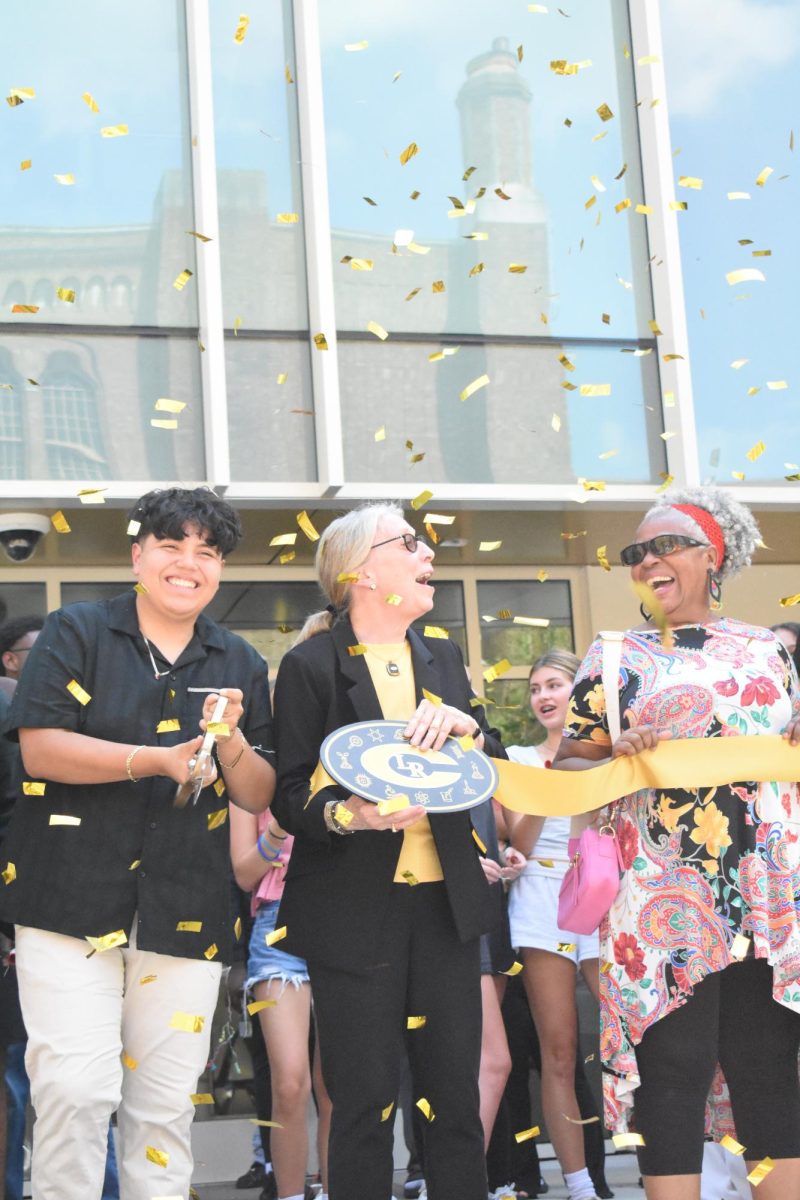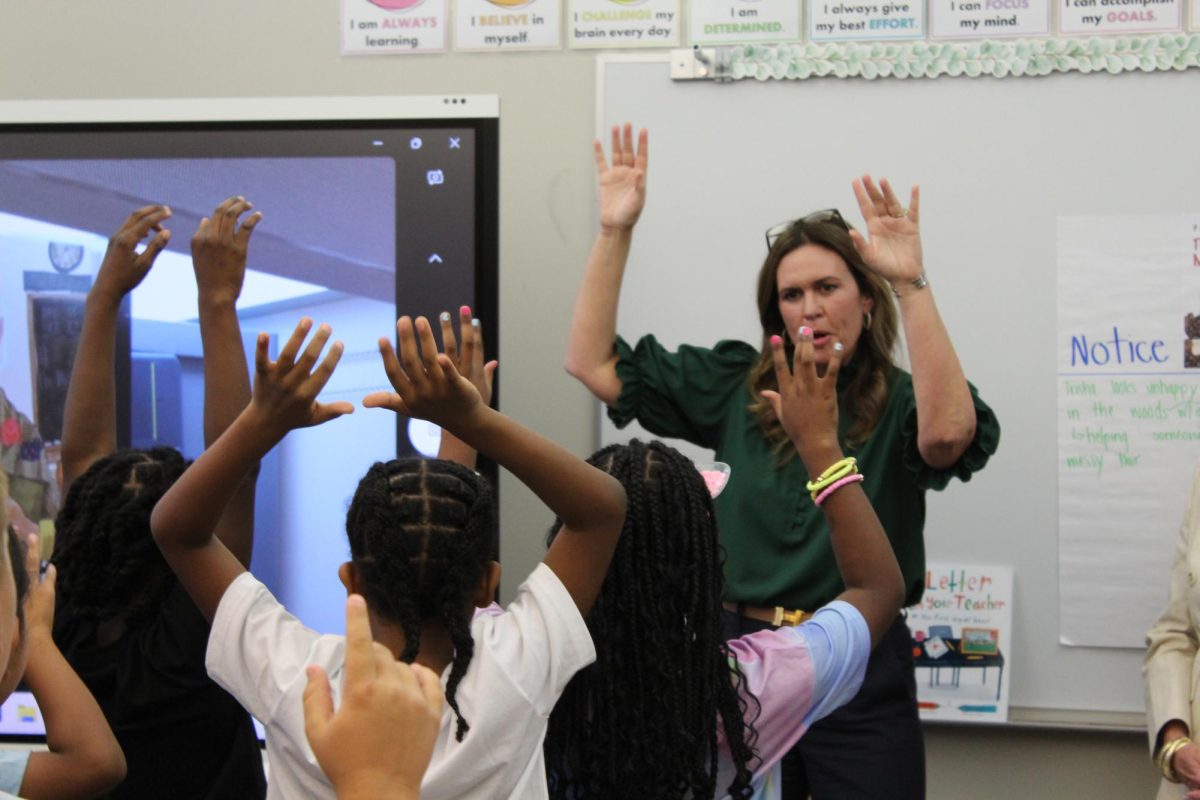During December of last year, Syria’s dictatorial regime was overthrown after thirteen years of civil war. This lengthy civil war was preceded by decades of rule by the same family, the Assads, who inflicted “systematic and widespread torture targeting opponents and activists” according to the European Center for Constitutional and Human Rights. Resistance against the regime was widespread and international, including the Syrian Emergency Task Force (SETF), a nonprofit organization headquartered in Washington D.C. with chapters across the United States, including a chapter at Little Rock Central High School.
“We became a club two years ago and did a fundraiser for the earthquakes that were occurring at the time.” Senior Kate Straessle, one of the club’s co-presidents began. “We have monthly meetings where we do Letters of Hope, a campaign that sends letters to the orphanage in Syria that the SETF runs.”
However, this winter, one of the quickest successful offensives toppled the regime in less than two weeks, and on December 8th, Syria was declared liberated. Around the world, displaced Syrians, numbering over fourteen million, celebrated the possibility of returning to their home, meeting with family and friends unseen for over a decade, and the hope that their nation could finally experience peace. Although the dictatorship has been ousted, goals for the future of Syria largely remain the same. The SETF aims to provide humanitarian aid, pursue legal accountability for war crimes, and attempt to end the violence of the civil war. While the civil war has ended, ensuring continuing violence still remains vital.
Senior Zaina Daaboul, the other co-president of the chapter explains that “because while things are different because of Assad being toppled, we still need to collect funds and a lot of the same goals that we have on a broader level, like helping Syria establish a new democratic government as well as helping with identification processes of victims, releasing hostages, including American hostages, funding a lot of the same schools, pharmacies, health care centers.” Even though the goal of ending the civil war has been accomplished- it is impervious to continue to support Syria through this critical time period. During this window of time Syria’s future will be determined so, as Straessle says, “now SETF’s role is to maintain the hopes for democracy in Syria.”
This is accomplished concretely through support of the nonprofit’s direct actions in Syria. Straessle describes “one of our leaders in Arkansas goes to Syria around once a month to help with the Tomorrow’s Dawn Women’s Center- which is a high school for women. Our next plan is to fundraise for supplies and funds for the women at the center which our leader, Katherine, can bring.” The club plans to “focus on still being able to help fundraise for our parent organization so that they can more effectively help- because they have a lot more direct forms of connection where they can interact directly with Syria, so we want to continue to support them.” Daaboul says. “As Central High School students we can’t, obviously, help set up a successful new government in Syria. Instead, we can support our parent organization who is able to facilitate that.”







